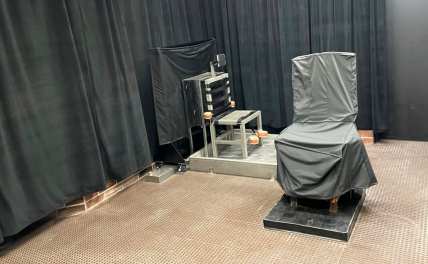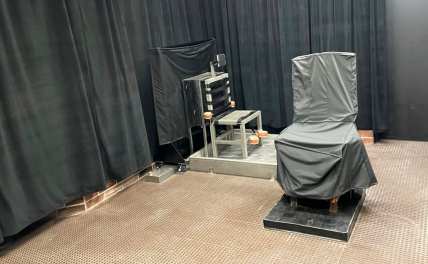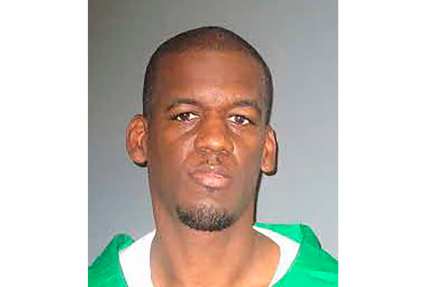Court weighs legality of using firing squad for executions in South Carolina
The state appealed and the South Carolina Supreme Court heard arguments for nearly three hours Thursday over whether the 2,000-volt electric chair and/or bullets fired at the heart by a three-person firing squad violate provisions against cruel and unusual punishment in the state's constitution.
COLUMBIA, S.C. (AP) — South Carolina’s highest court heard arguments Thursday on whether a newly organized firing squad or the old electric chair are legal ways to execute inmates in the state, which has been unable to obtain drugs for lethal injections.
A lower court judge ruled in September that South Carolina lawmakers “ignored advances in scientific research and evolving standards of humanity and decency” when they passed a law effectively forcing condemned prisoners to choose between electrocution or the firing squad.
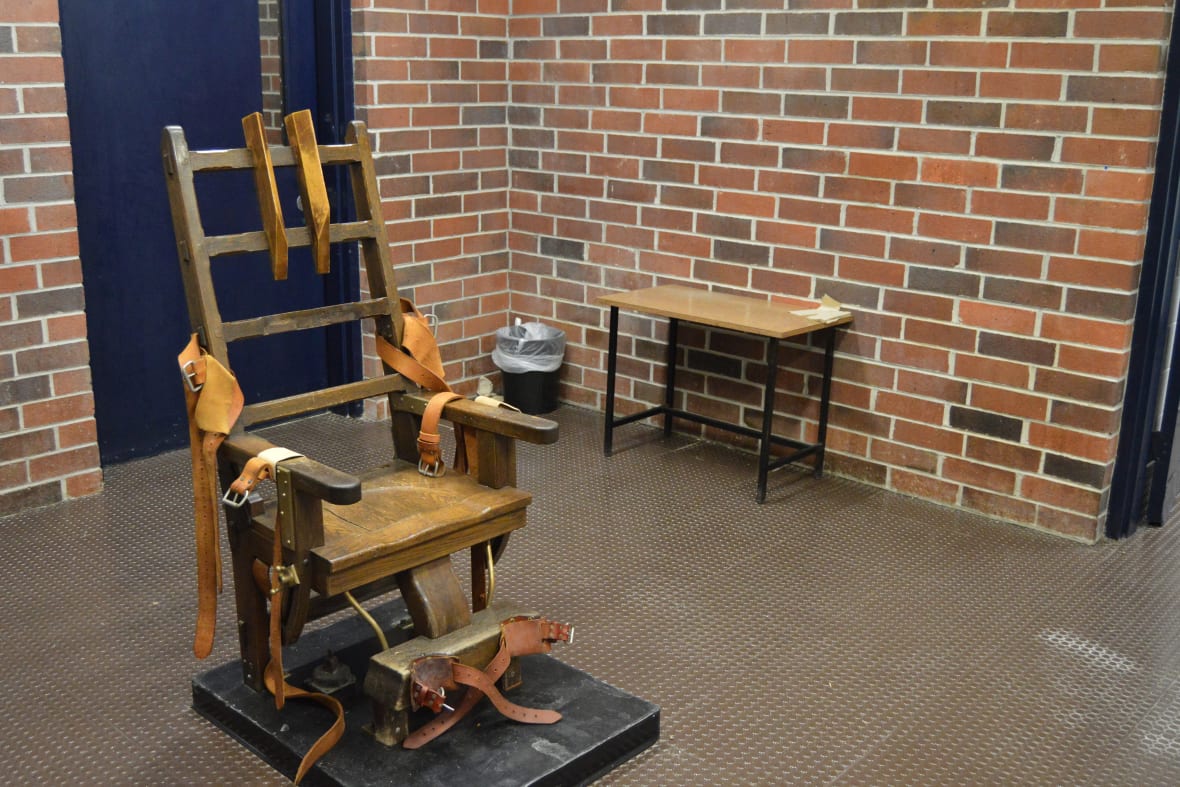
The state appealed and the South Carolina Supreme Court heard arguments for nearly three hours Thursday over whether the 2,000-volt electric chair and/or bullets fired at the heart by a three-person firing squad violate provisions against cruel and unusual punishment in the state’s constitution. Those provisions also exist in the U.S. Constitution.
The court is unlikely to rule for several months, and whichever side doesn’t like the ruling will likely file a federal appeal.
In their questioning Thursday, Supreme Court justices seemed focused on the question of why South Carolina prison officials can’t get lethal injection drugs.
“If other states can so easily obtain drugs and carry out the death penalty by lethal injection, why can’t we?” Associate Justice John Kittredge asked.
Kittredge said he wondered if the Supreme Court’s best action was to ask a lower court to hold a hearing on exactly what the state is doing to get the drugs. A judge decided not to hold that hearing in the summer, when the other execution methods were on trial.
Fourteen states have carried out nearly 90 lethal injection executions in the past five years. South Carolina hasn’t executed a prisoner in nearly 12 years. Its supply of drugs for lethal injections has expired and pharmaceutical companies refuse to sell them more, knowing they will be used to kill someone.
Attorneys arguing against the electric chair and firing squad told the justices they concede that lethal injection when carried out properly is legal.

The death penalty remains under near constant scrutiny in the United States. Tennessee issued a report last week saying the state has not followed the new rules it made for lethal injections in 2018, killing inmates with drugs that hadn’t been properly tested.
Missouri on Tuesday executed Amber McLaughlin, 49, believed to be the first transgender woman put to death in the U.S. after the governor denied a plea for clemency based on the argument that her traumatic childhood caused mental health issues.
Four inmates in South Carolina have exhausted their regular appeals and could have death warrants issued as soon as the courts resolve the matter.
From 1996 to 2009, South Carolina was carrying out an average of about three executions per year. The last one took place in 2011.
The South Carolina General Assembly passed a law in 2021 making the electric chair, which has been a legal method of killing prisoners in the state for more than a century, the default method of execution instead of lethal injection.
A death row inmate who did not want to be electrocuted could choose between the newly created firing squad or lethal injection if it were available.
Justice 360, a group fighting for fairness and transparency in death penalty and other major criminal cases, filed a lawsuit. The group argues that a firing squad and electrocution are both more painful and brutal ways to die than lethal injection, which they note is no longer a true choice in the state because of the lack of drugs.
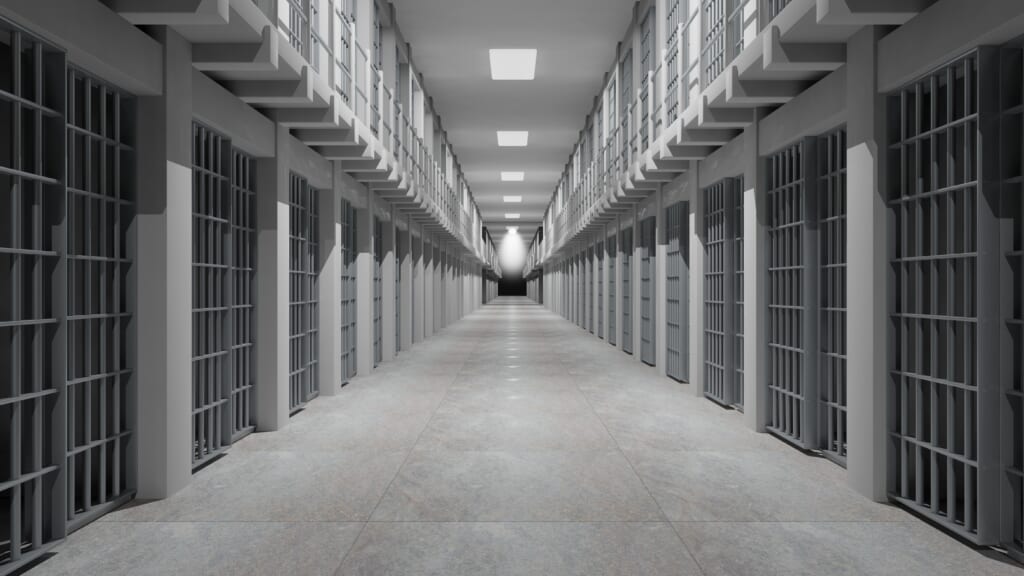
Circuit Judge Jocelyn Newman held a trial in August, siding with four death row inmates whose experts testified the prisoners would feel terrible pain whether their bodies were “cooking” by electricity or their hearts were stopped by bullets — assuming the shooters were on target.
Attorneys for the state countered with their own experts who said death by firing squad or the electric chair likely would be instantaneous and the condemned would feel no pain. They said Thursday that inmates are never promised a painless death.
“Pain is an unescapable consequence of death,” said Grayson Lambert, a lawyer for Gov. Henry McMaster’s office.
Lawyers for the inmates said the pain question is impossible to directly answer because the people who experience execution are dead.
“I think we should be striving for what is the most human way to do this,” attorney John Blume said.
Public support and use of the death penalty continued its more than two-decade decline in the U.S. in 2022, a year in which many executions were “botched” or highly problematic, according to an annual report on capital punishment released in December.
There were 18 executions in the U.S. in 2022, the fewest in any pre-pandemic year since 1991. Outside of the pandemic years, the 20 death sentences handed out in 2022 were the fewest in any year in the U.S. in a half-century, according to the report by the Washington, D.C.-based Death Penalty Information Center.
TheGrio is FREE on your TV via Apple TV, Amazon Fire, Roku, and Android TV. Please download theGrio mobile apps today!
